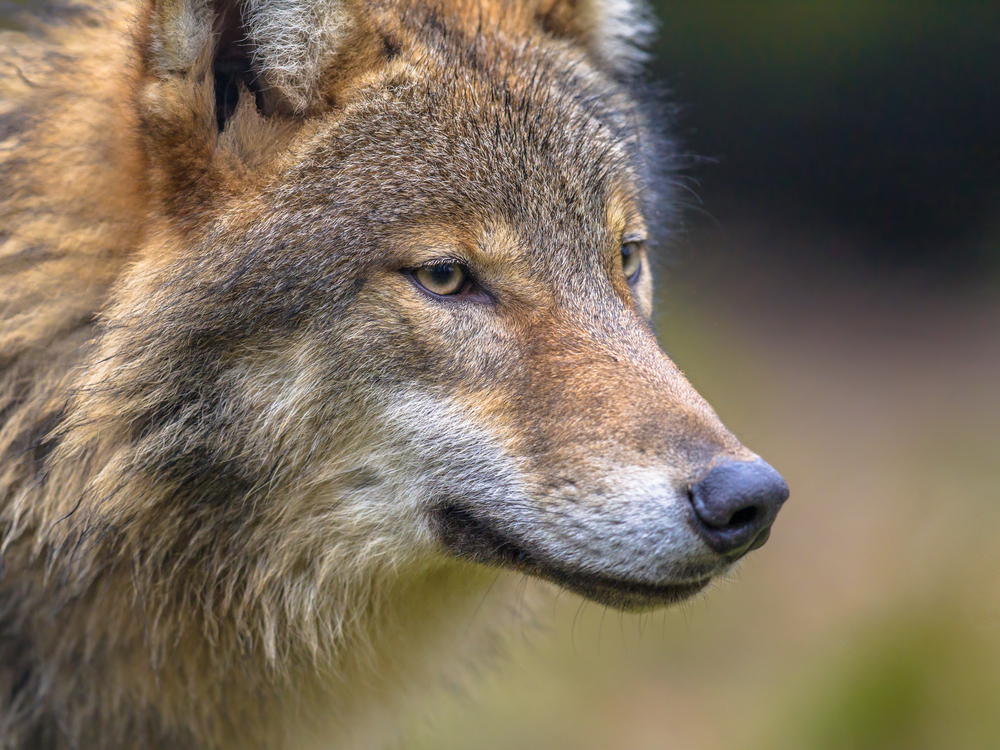European Commission to relax rules for protecting the wolf
Claudia Delpero
The European Commission will propose next year relaxing the rules to safeguard the wolf, after an international committee decided to downgrade its protection status.
On Tuesday, the standing committee of the Council of Europe’s Bern Convention, an international treaty for the conservation of European wildlife and habitats, voted in favour of the EU proposal to downgrade the status of the wolf from “strictly protected” to “protected”.
The Convention has 50 members, including the EU and its member states, some neighbouring countries and four African nations. Only the UK, Montenegro, Bosnia and Herzegovina and Monaco voted against the proposal, while Albania, Tunisia and Turkey abstained.
The change in the international protection status will become effective on 7 March 2025. The commission said that after that date it will propose “targeted” changes to the Habitats Directive, the main EU law on nature conservation which transposes the safeguards recognised under the Bern Convention into European law.
The wolf’s protection status in the EU, however, will not change immediately as the updated EU law will have to be adopted by the parliament and council and then turned into national legislation.
European commission President Ursula von der Leyen said the Bern Convention’s decision was “important news for our rural communities and farmers … Because we need a balanced approach between the preservation of wildlife and the protection of our livelihoods,”.
The commission proposed downgrading the wolf’s protection status in 2023 after its in-depth assessment concluded that the wolf’s population had increased and presented a threat to farmers and livestock. The announcement was made by Ursula von der Leyen after her pony, Dolly, was killed by a wolf in 2022.
In September, following a change in the position of Germany, EU governments backed the commission proposal. The Netherlands was in favour too.
Dutch junior farm minister Jean Rummenie, from the pro-farmers party BBB, urged the commission to come up quickly with the proposal and said he “will already start working on amending national legislation.”
“I believe that more action is urgently needed to prevent attacks and to intervene quickly in the event of incidents,” he said.
BBB leader and founder Caroline van der Plas said on social media that “finally common sense prevails. BBB does not want to shoot all wolves, but we do see in the Netherlands that the situation is becoming untenable”.
Her party has earlier called for the Netherlands to be a wolf-free zone.
Flexibility
Christian Democrat MEP Ingeborg ter Laak also welcomed “more flexibility to protect people, animals and nature”. But Groenlinks-PvdA MEP Bas Eickhout said said the recent return of the wolf is “one of the great conservation success stories”. With this decision, he said, “there is a major risk of reopening the hunt not only for the wolf, but for all of Europe’s wildlife.”
MEP Anja Hazekamp, from the pro-animal PvdD, said a vulnerable species like the wolf is being put at risk with this decision. “Instead of organising a witch-hunt on the wolf, the government should do more to ensure wolves can peacefully coexist with us,” she said. “Wolves are intelligent animals that are good for nature and, like humans, have a right to exist on this planet”.
Green campaign groups were also critical of the decision: “Wolf populations have barely recovered after going extinct in most parts of Europe, and weakening their protection could jeopardise this fragile recovery,” environmental organisations including WWF and ClientEarth said in a statement.
The return of the wolf
The wolf was given strict protected status 45 years ago after being almost hunted to extinction in Europe.
The European Commission evaluation noted that their population had increased to an estimated 20,300, but was still in an unfavourable or inadequate conservation status in six out of seven regions
In the Netherlands, the wolf was absent for 200 years. The country is now home to between 104 and 124 wolves, according to wolf monitoring body BIJ12, which also recorded a sharp rise in attacks on sheep and other farm animals.
Thank you for donating to DutchNews.nl.
We could not provide the Dutch News service, and keep it free of charge, without the generous support of our readers. Your donations allow us to report on issues you tell us matter, and provide you with a summary of the most important Dutch news each day.
Make a donation